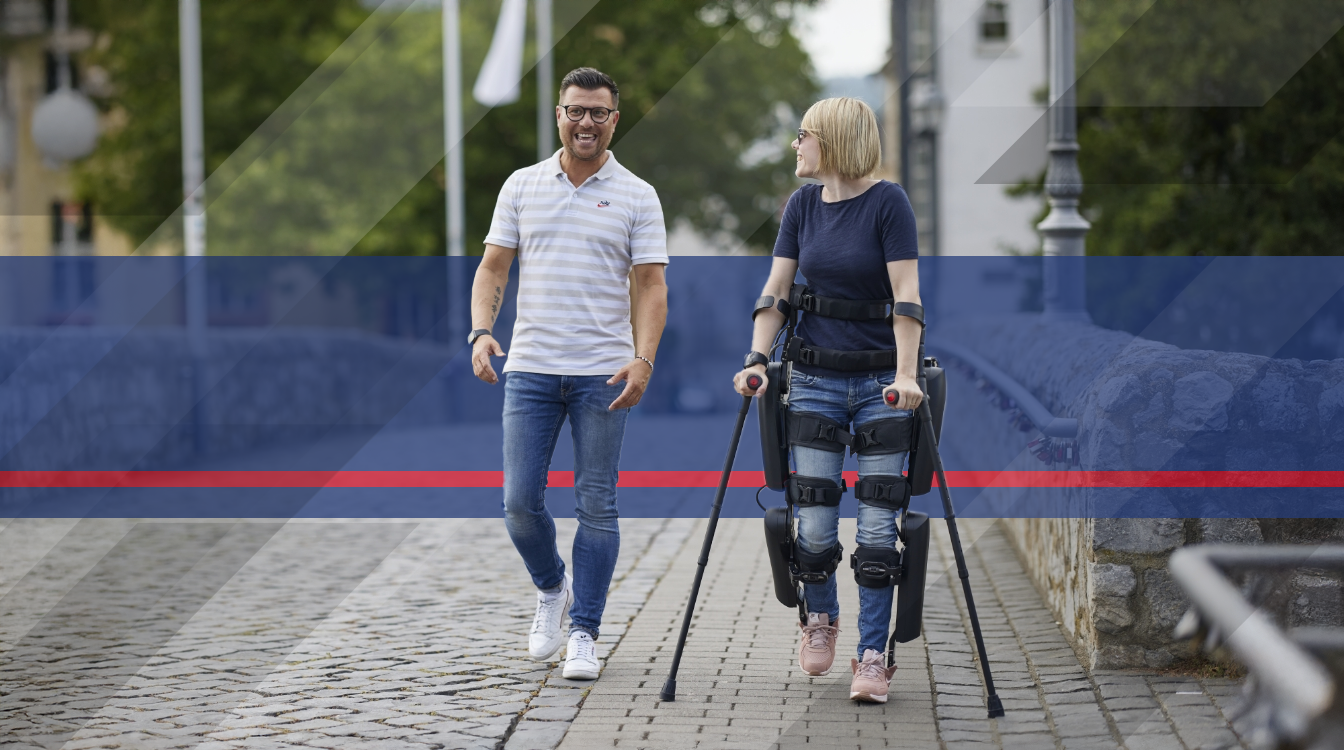Medicare Advantage Accelerates Claims Approval for Exoskeleton Devices
 Medicare Advantage Opens New Pathways for Exoskeleton Device Coverage
Medicare Advantage Opens New Pathways for Exoskeleton Device Coverage
The insurance industry is witnessing a notable shift in medical technology reimbursement. Lifeward Ltd. recently marked a milestone with its first commercial Medicare Advantage payment for the ReWalk 7 Personal Exoskeleton, a device designed to help individuals with spinal cord injuries regain mobility.
This isn’t just a company winit’s a window into how advanced rehabilitation technologies are finding their footing in the complex world of claims processing.
“The shift we’re seeing is not just faster paymentit’s faster access to life-changing technology for patients who need it most.”
From Denials to ApprovalsA New Claims Landscape
Until recently, reimbursement for breakthrough devices like personal exoskeletons was often slow, contested, or inconsistent. But since the Centers for Medicare & Medicaid Services (CMS) finalized reimbursement provisions in 2024, the process is beginning to look different.
Lifeward reports that most Medicare claims for its devices are now being approved on the first submission, avoiding the months-long delays of denials and appeals. Payments are arriving in 30 to 60 days, a timeline that represents a major step forward in the speed of patient access.
Why Medicare Advantage Matters
What makes this development particularly important is the participation of Medicare Advantage Plans. Their inclusion signals broader payer alignment and consistency across Medicare options. For insurers, that means fewer gray areas in policy interpretation, and for providers, smoother coordination when submitting claims.
“When Medicare Advantage aligns with CMS provisions, insurers and providers can work from the same playbook.”
This consistency helps reinforce compliance with CMS standards while reducing administrative back-and-forth that has historically bogged down innovative therapies.
How Patients Are Feeling the Impact
The ultimate beneficiaries of this shift are patients. With streamlined approvals, access to advanced rehabilitation devices is no longer as dependent on lengthy appeal battles. For individuals with spinal cord injuries, every week matters when it comes to rehabilitation outcomes.
Where are patients making trade-offs? Here’s what’s improving most with faster claim approvals:
- Earlier access to mobility-enhancing technology
- Reduced delays in beginning rehabilitation programs
- Greater confidence in coverage consistency across plans
Global Position, Local Implications
Lifeward operates in the U.S., Israel, and Germany, giving the company the ability to navigate multiple payer systems. For insurers, this global footprint offers insights into how different reimbursement models adapt to new technologies.
And while this milestone is U.S.-based, the broader trend, faster claims adjudication for advanced devices is likely to influence payer policies worldwide.
What Insurers Should Watch
The insurance industry will need to keep a close eye on how CMS and Medicare Advantage evolve in their treatment of medical devices like exoskeletons. A few key questions loom large:
- Will higher initial approval rates become the new norm for other advanced therapies?
- How will payers balance cost containment with the clear patient benefit these devices deliver?
- Could streamlined approvals influence commercial insurance coverage outside of Medicare?
“The early success with exoskeleton coverage could be a blueprint for how insurers approach the next wave of medical innovation.”
Looking Ahead
For insurers and healthcare providers, this case is more than a one-off successit’s a glimpse into the future of claims processing. Efficiency, alignment, and patient-centered outcomes are emerging as cornerstones of reimbursement for advanced medical technologies.
As Lifeward’s progress shows, when reimbursement pathways keep pace with innovation, the result is not only healthier patients but also a healthier insurance ecosystem.
